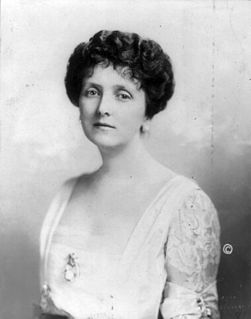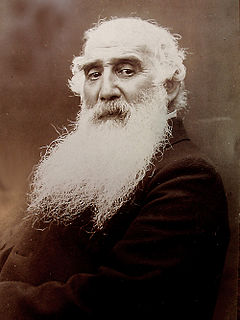A Quote by Katherine Anne Porter
First impressions are often signals from the deep that we should credit oftener than we do.
Quote Topics
Related Quotes
The laws keep up their credit, not by being just, but because they are laws; 'tis the mystic foundation of their authority; they have no other, and it well answers their purpose. They are often made by fools; still oftener by men who, out of hatred to equality, fail in equity; but always by men, vain and irresolute authors.
In the movies first impressions are everything. Or, to put it less drastically, in the movies there are no later impressions without a first impression, because you will have stopped watching. Sometimes a critic persuades you to give an unpromising-looking movie a chance, but the movie had better convey the impression pretty quickly that the critic might be right.







































